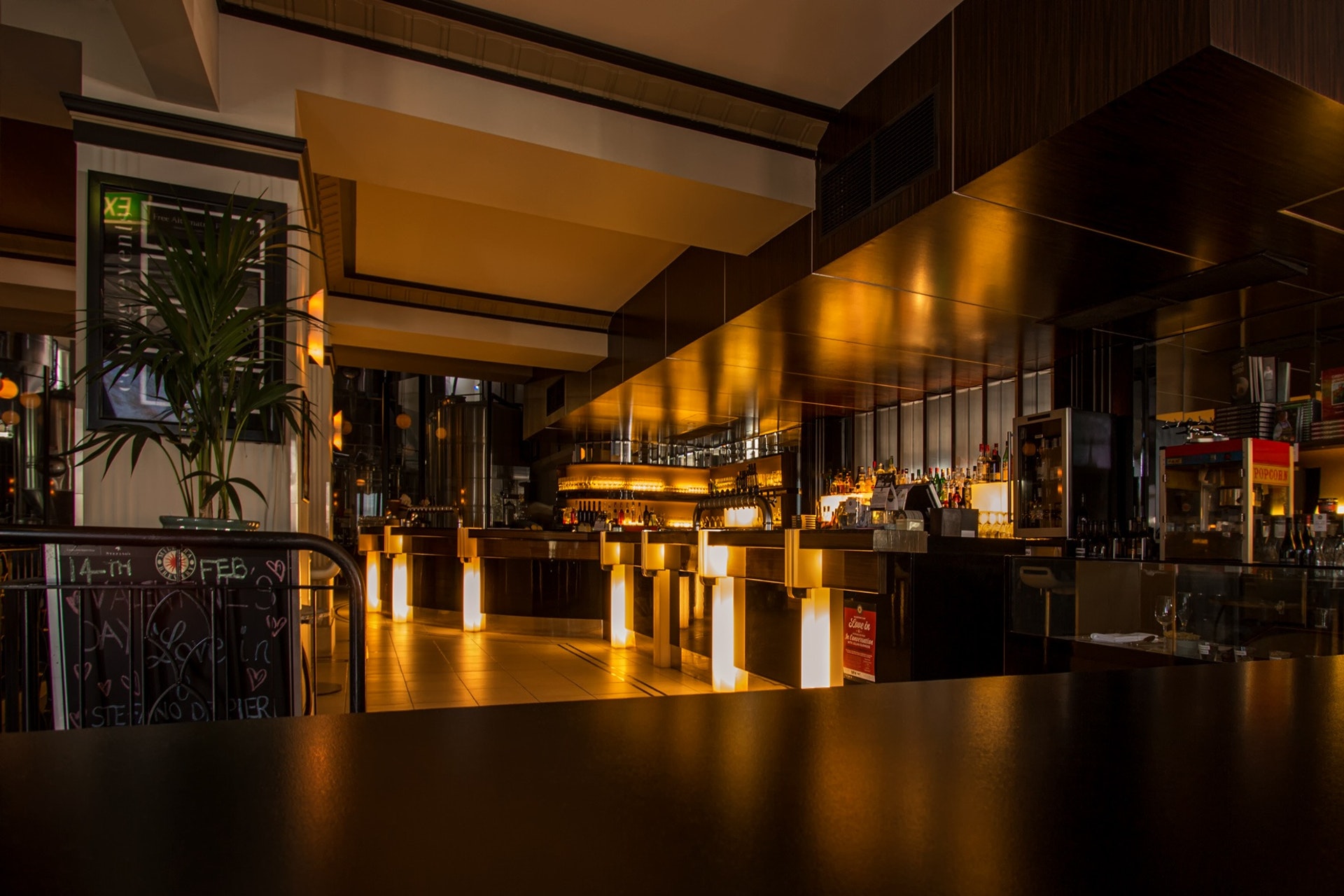
The Covid-19 pandemic has negatively impacted the operation of restaurants and bars. This is seen in the stay-home orders of Federal and State Governments as well as the travel limitations and social distancing requirements. Small restaurants and bars are at greater risk of liquidation due to uncertainties. Presently, most full-service restaurants have either closed or now operate at small fractions of their total capacity. This strategy for them is part of their business continuity plan since no one knows when the full lockdown will be lifted by the government.
Most Restaurants and bars rely on walk-in patronage with newer ones having large sitting areas equipped with big screens for football matches to service more customers especially during football seasons. The fact that many rely on those physical patronage has affected many of them leading to closure on minimal operation due to the lockdown protocols. Some economists have argued that since restaurants and bars have a supply chain and inventory advantages, they should have delivery models too. But with only a few percentage of the restaurants and bars offering home delivery services, the chances that many will stay afloat until the end of the pandemic is quite uncertain.
Furthermore, the rise of many online Chefs who offer home delivery catering services on Instagram, Twitter and Facebook as their advertising platforms should be a serious concern for restaurant owners. These online food vendors maximize the social media space and continue to grab a fair share of the market, using innovative advertising and marketing tools to win over new customers. They have capitalized on the present lockdown to saturate the internet with their various services. Even though bars and restaurants are immune from local closure, the new culture of social distancing prevents people from patronizing them. This has forced many of the restaurants and bars to cease operations for now, until the all clear is given.
See also: Effect of Covid-19 Pandemic on the Hospitality Industry- Focus on Hotels
Some major Implications of the Pandemic on restaurants and Bars include;
Rising Unemployment
The nature of the business is such that remote work does not fit into its model; hence, many staff will lose their jobs  since businesses cannot pay salaries if it does not generate revenue.
since businesses cannot pay salaries if it does not generate revenue.
Reduced Staffing or Temporary Closures
Since business cannot run in full capacity, those who cannot shut down completely will focus on reducing staff and working at very minimal capacity in line with the Covid-19 safety protocols released by the NCDC and state governments.
The fear of spreading Covid-19 in the workplace
The fear of contracting the virus in the workplace since not everyone is sure of the travel history of the other person has led many restaurants to close. Those who are in operation have resorted to taking precautionary measures such as temperature checks, social distancing, hand washing, and deep cleaning. There has been a generous increase in the level of personal hygiene.
Loss of Revenue
Considering the present economic uncertainties and its resultant the harsh financial realities of the pandemic; the limitations in the liquidity of cash, thus affecting consumer spending, and increased operating cost without adequate profit, some bars and restaurants have been forced to shut down.
These strategies can help Restaurants and Bars to stay afloat this period.
- Introduce Online Bookings and Home Delivery: This method is the most effective during the lockdown. As patrons can book their favorite meals and it gets delivered to their homes. Special discounts can be added for bulk or group purchases, same as a subscription plan. Few weeks into the lockdown, Eko Hotels and Suites in Lagos introduced online booking and direct delivery to customers. Jumia Foods and other logistics company are good options for delivery if they don’t have their own arrangements.
- Sell cookbooks: Chefs can make cookbooks of their favorite meals and including famous recipes and sell them on online platforms.
- Holding cooking classes online: Alternatively, restaurants can create online classes and give specialized classes for their patrons and the general public.
- Offer concierge services: Since most restaurants get good prices from their suppliers, they can also do same for their patrons. In doing this they can pick the shopping lists from their clients and shop on their behalf and get paid for the services rendered.
In summary, post Covid-19, Restaurant will need to increase their creativity especially in the area of winning back their customers, generating incoming and maximizing profit.

